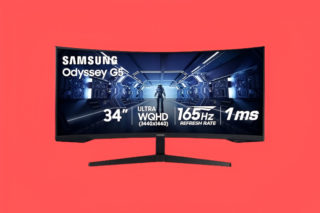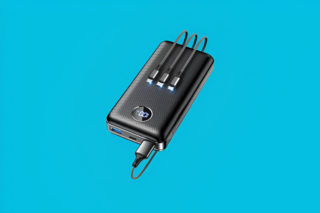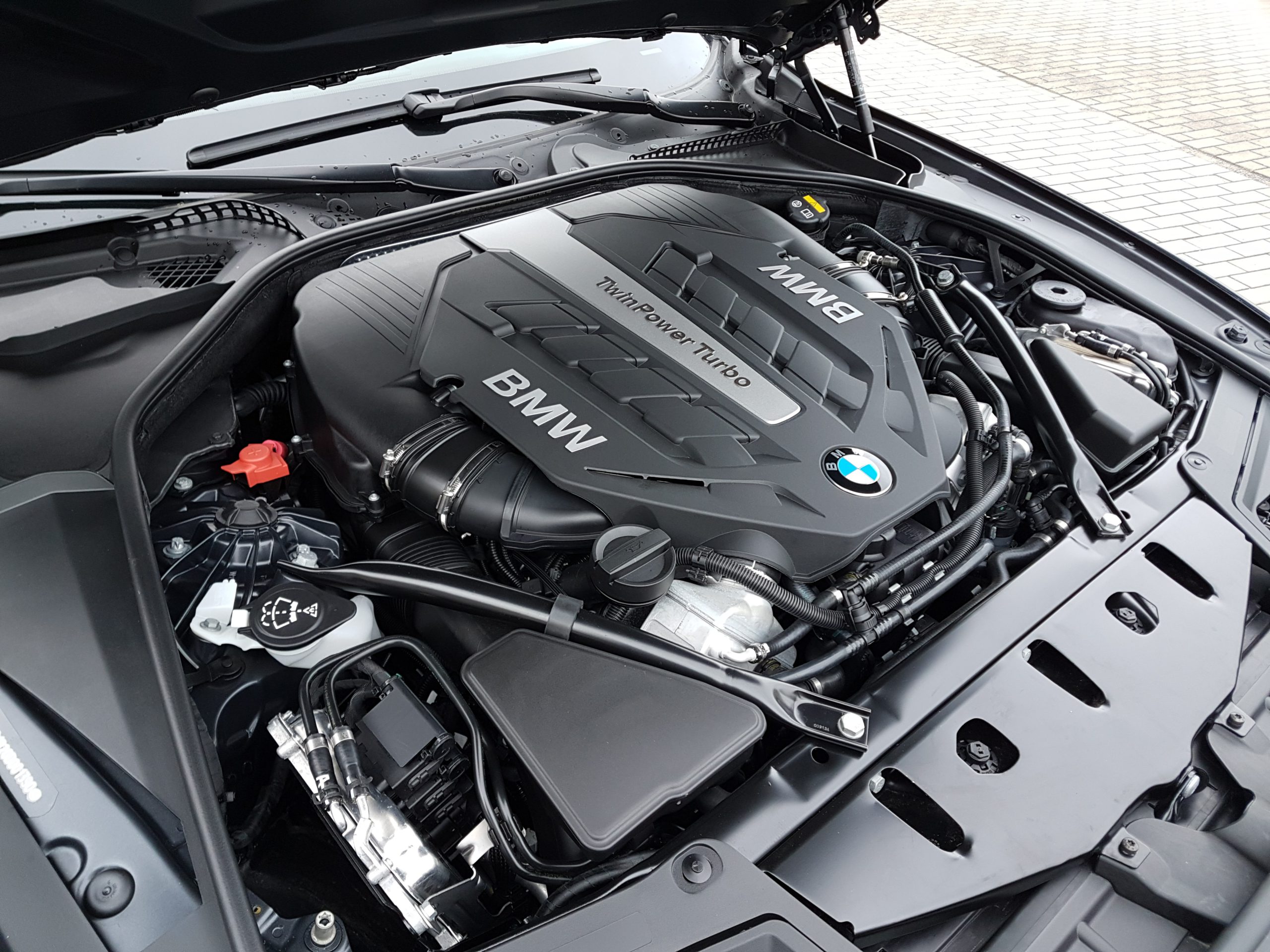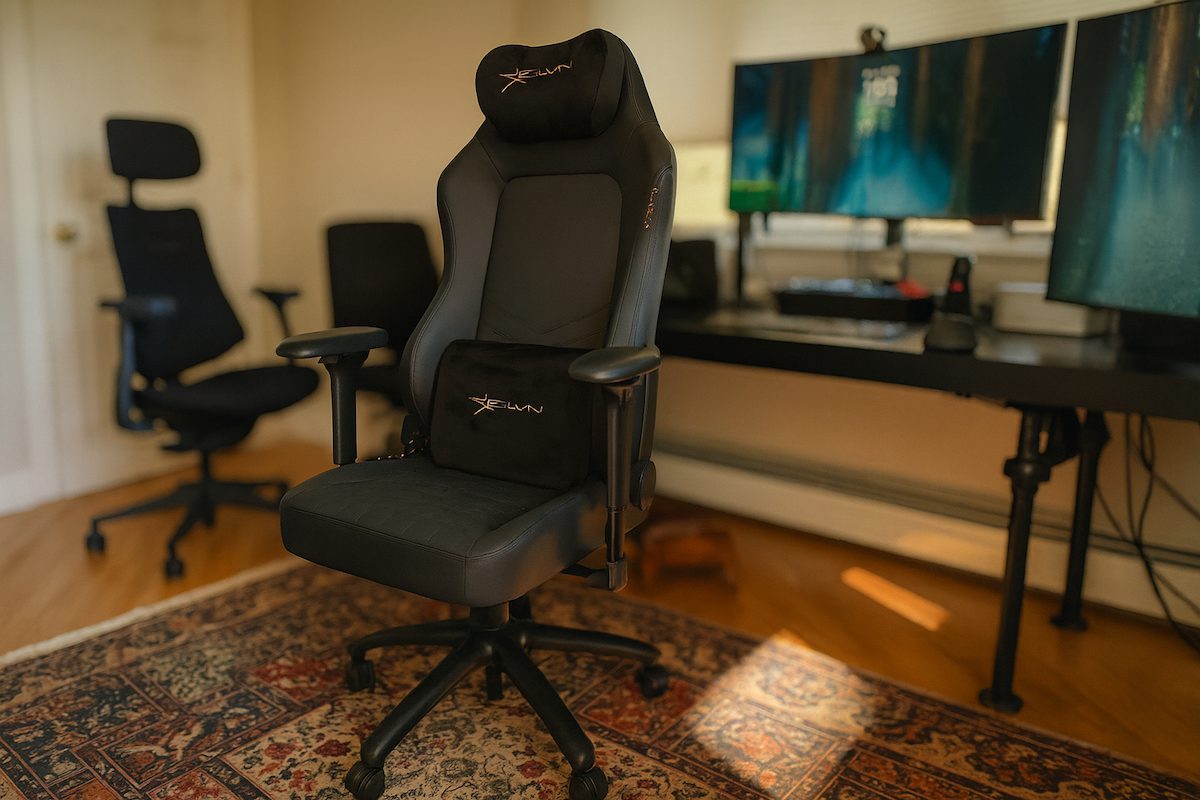Waiting months for Nvidia’s latest AI hardware while watching foreign buyers snap up inventory? The Senate’s GAIN AI Act aims to end that frustration by requiring US chipmakers to prioritize domestic customers before any overseas sales.
America First for AI Hardware
New legislation would establish mandatory “first right of refusal” for US customers on advanced processors.
The GAIN AI Act, now folded into the 2026 National Defense Authorization Act, creates a strict hierarchy for AI chips sales. Before Nvidia or AMD can ship their flagship processors abroad—even to allies—they must ensure no US buyers are waiting. The legislation targets acute domestic shortages that have left American businesses, startups, and universities scrambling for access to cutting-edge hardware while foreign entities continued receiving shipments.
American AI startups would no longer face foreign competition for chip access. The bill establishes five mandatory conditions:
- US customers get first dibs
- No pending domestic backlog
- No better pricing for foreign buyers
- Exports can’t undercut American AI firms or delay domestic supply
Chips in the Crosshairs
Nvidia’s H100 series and AMD’s Instinct chips would require government approval for export.
The legislation specifically covers the processors powering today’s AI revolution: Nvidia’s H100, H200, and HGX H20, plus AMD’s Instinct MI308. These chips form the backbone of everything from ChatGPT’s AI infrastructure to university research clusters. If you’ve been tracking down enterprise AI hardware, these are exactly the processors that disappear faster than Taylor Swift concert tickets.
The policy extends beyond obvious adversaries like China to include US allies in Europe and the UK, potentially creating diplomatic friction with partners who’ve grown accustomed to accessing American semiconductor technology.
Industry Pushback Intensifies
Chipmakers argue new rules could undermine US tech competitiveness globally.
Nvidia has publicly opposed the GAIN AI Act, arguing these restrictions stem from “exaggerated threat models” and could handicap American tech leadership. The company insists its current China exports (allowed under a recent 15% surcharge deal) don’t impact H100 availability for US customers.
Meanwhile, Americans for Responsible Innovation celebrates the bill as a “major win” for economic and national security, arguing that prioritizing domestic access strengthens America’s AI ecosystem against strategic competitors.
The Senate’s move signals a fundamental shift: treating semiconductors as strategic resources rather than ordinary commercial products. For anyone building AI applications in America, shorter wait times could be worth the global supply chain complications ahead.





























